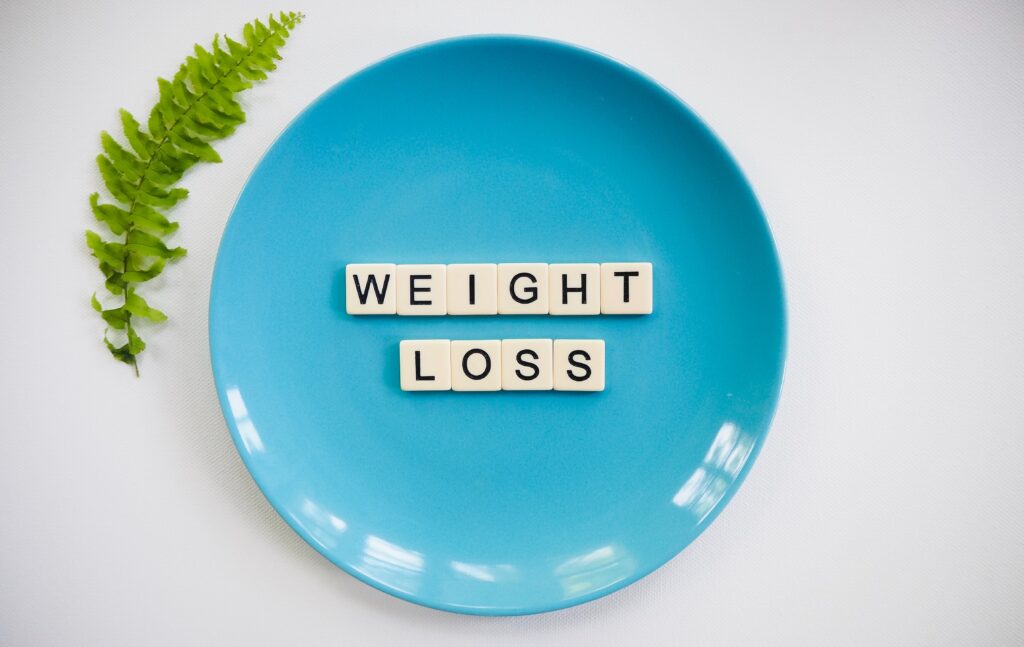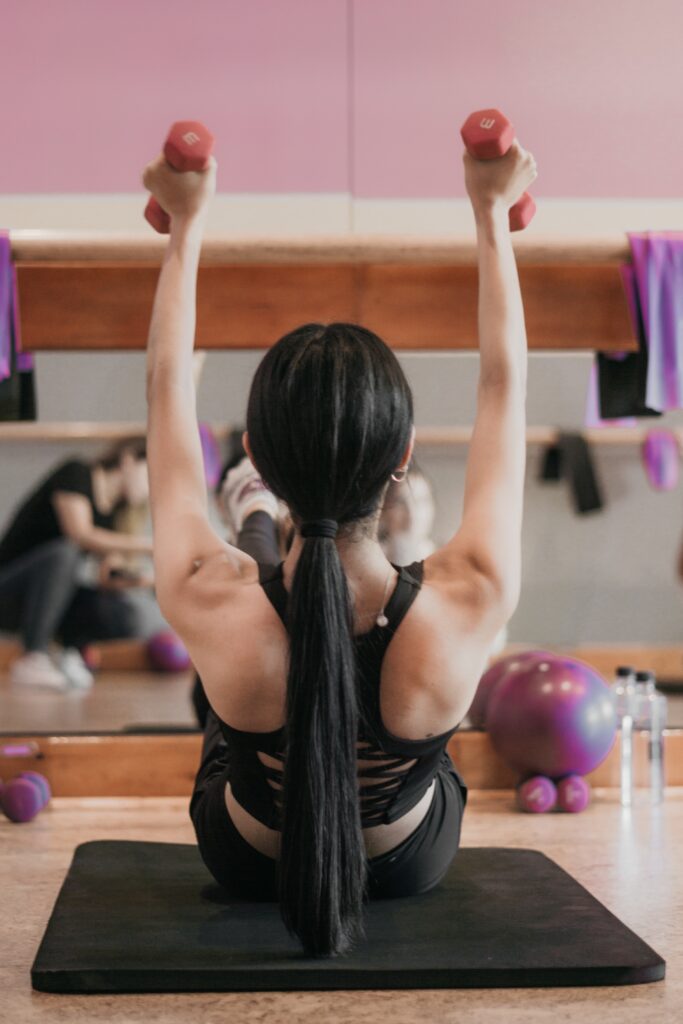
Table of Contents
- Introduction
- Understanding the Challenges
- Developing Healthy Eating Habits
- Incorporating Physical Activity
- Prioritizing Sleep and Stress Management
- Supplementing with the Right Nutrients
- FAQ
- Conclusion
Introduction
In today’s fast-paced world, maintaining a healthy lifestyle can be a challenge, especially for women over 30 who often juggle multiple responsibilities. Weight loss becomes more difficult as we age due to various factors, such as hormonal changes and a slower metabolism. However, with the right approach, it is still possible to achieve and maintain a healthy weight. This review aims to provide valuable insights and effective weight loss tips specifically tailored to women over 30.
Understanding the Challenges
Before delving into the practical tips, it is important to understand the challenges that women over 30 may face when it comes to weight loss. Hormonal changes, particularly during perimenopause and menopause, can affect metabolism and lead to weight gain. Additionally, a busy lifestyle may leave little time for self-care, making it harder to prioritize exercise and healthy eating. Recognizing these challenges allows us to develop targeted strategies to overcome them.
Developing Healthy Eating Habits
- Mindful Eating: Adopting mindful eating practices can have a significant impact on weight loss. By paying attention to the sensations of hunger and fullness, we can develop a healthier relationship with food. Chew slowly, savor each bite, and listen to your body’s cues.
- Balanced Diet: Focus on consuming a balanced diet that includes all essential nutrients. Incorporate whole foods such as fruits, vegetables, lean proteins, whole grains, and healthy fats into your meals. Avoid highly processed foods that are often high in calories and low in nutritional value.
- Portion Control: Be mindful of portion sizes to avoid overeating. Use smaller plates, bowls, and utensils to create an illusion of larger portions. Additionally, consider using meal prepping techniques to control portion sizes and have healthy meals readily available.
- Hydration: Stay adequately hydrated by drinking plenty of water throughout the day. Water helps boost metabolism, reduces appetite, and supports overall well-being. Aim to drink at least eight glasses of water daily.

Incorporating Physical Activity
Regular physical activity is crucial for weight loss and overall health. Here are some tips to incorporate exercise into your routine:
- Choose Activities You Enjoy: Engaging in physical activities you enjoy will increase your chances of sticking to them long term. It could be dancing, cycling, swimming, or simply taking brisk walks. Find what brings you joy and make it a regular part of your routine.
- Strength Training: Include strength training exercises in your workout regimen. Building muscle not only increases metabolism but also improves overall body composition. Consider working with a personal trainer to develop a safe and effective strength training program.
- Cardiovascular Exercise: Incorporate aerobic exercises into your routine to burn calories and improve cardiovascular health. Activities like jogging, cycling, or aerobic classes can be excellent choices.
- Stay Active Throughout the Day: Look for opportunities to be active throughout the day. Take the stairs instead of the elevator, park your car farther away from your destination, or take short breaks to stretch and walk during prolonged periods of sitting.
Prioritizing Sleep and Stress Management
Adequate sleep and stress management are often overlooked aspects of weight loss. Here’s why they are important and how to prioritize them:
- Quality Sleep: Aim for 7-9 hours of quality sleep each night. Lack of sleep can disrupt hormones related to hunger and satiety, leading to increased cravings and overeating. Establish a consistent sleep routine, create a sleep-friendly environment, and limit caffeine intake, particularly in the evening.
- Stress Reduction: Chronic stress can sabotage weight loss efforts by triggering emotional eating and increasing the production of stress hormones. Find healthy ways to manage stress, such as practicing yoga, meditation, deep breathing exercises, or engaging in hobbies that bring you joy. Consider seeking professional help if stress becomes overwhelming.
Supplementing with the Right Nutrients
While a balanced diet should be the primary source of nutrients, certain supplements can support weight loss efforts. Here are a few Weight Loss Tips for Women Over 30 that can be beneficial;
- Protein Supplements: Adding a high-quality protein supplement can help curb appetite, preserve lean muscle mass, and support post-workout recovery. Whey protein, pea protein, or collagen peptides are popular options.
- Omega-3 Fatty Acids: Omega-3 fatty acids, commonly found in fish oil supplements, have been shown to reduce inflammation, promote heart health, and support weight loss. Consult with a healthcare professional to determine the appropriate dosage.
- Vitamin D: Adequate vitamin D levels have been associated with improved weight loss outcomes. Consider getting your vitamin D levels tested and consult with a healthcare professional about supplementation if necessary.

FAQ
Q: Are there any weight loss tips specifically for women over 40? A: While many of the tips mentioned in this review can apply to women over 40 as well, there are a few additional considerations. It becomes even more important to prioritize strength training to preserve muscle mass, as muscle loss tends to accelerate with age. Additionally, maintaining bone health becomes crucial, so incorporating weight-bearing exercises and ensuring adequate calcium and vitamin D intake is essential.
Q: Can supplements alone help me lose weight? A: No, supplements are not a magic solution for weight loss. They are meant to support a healthy diet and lifestyle. It is important to focus on developing healthy eating habits, incorporating regular physical activity, managing stress, and getting enough sleep for sustainable weight loss. Supplements should be used in consultation with a healthcare professional and as part of an overall balanced approach.
Conclusion
Achieving and maintaining a healthy weight is possible for women over 30 with the right approach and mindset. By understanding the challenges unique to this age group, developing healthy eating habits, incorporating physical activity, prioritizing sleep and stress management, and considering targeted supplementation, women can overcome barriers to weight loss. Remember that sustainable weight loss takes time and consistency. With patience and perseverance, you can achieve your goals and improve your overall well-being.
References
- Mindful Eating: A Beginner’s Guide
- Portion Control: A Practical Guide
- Importance of Strength Training for Women
- The Role of Sleep in Weight Management
- Exercise and Stress Reduction: How It Works
- Protein Supplements: Benefits and Side Effects
- Omega-3 Fatty Acids and Weight Loss
- Vitamin D and Weight Loss: What You Need to Know
Disclaimer
The information provided in this review is for educational purposes only and should not replace professional medical advice. Always consult with a healthcare professional before making any changes to your diet, exercise routine, or supplementation plan.
